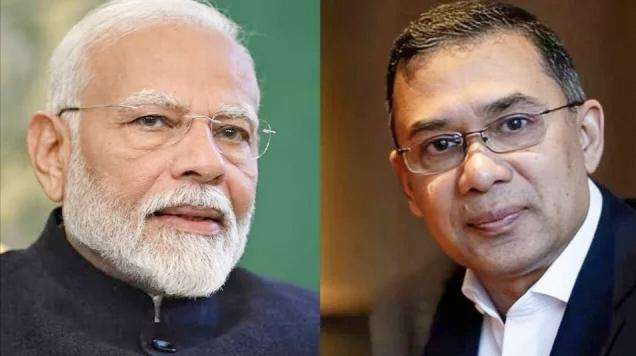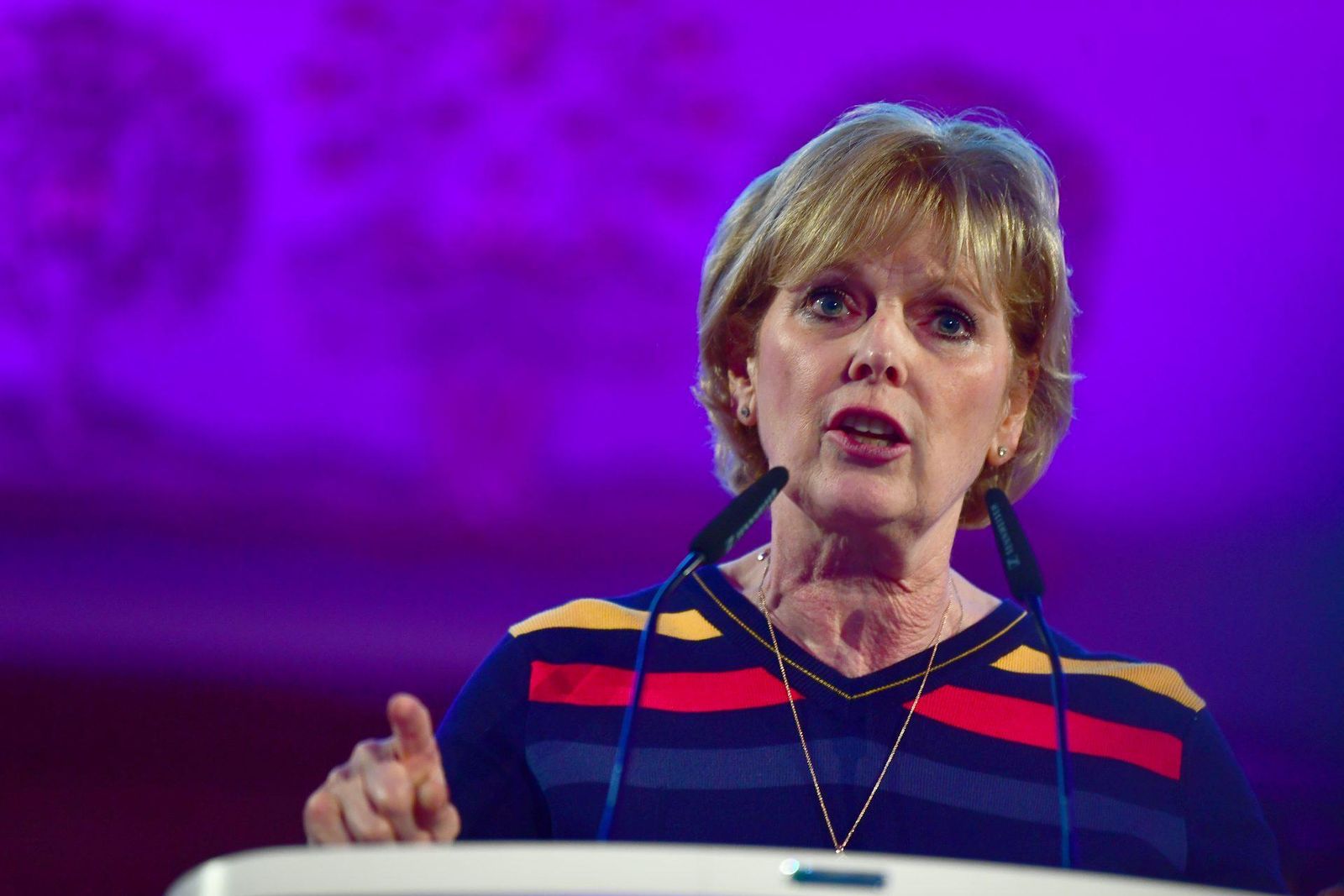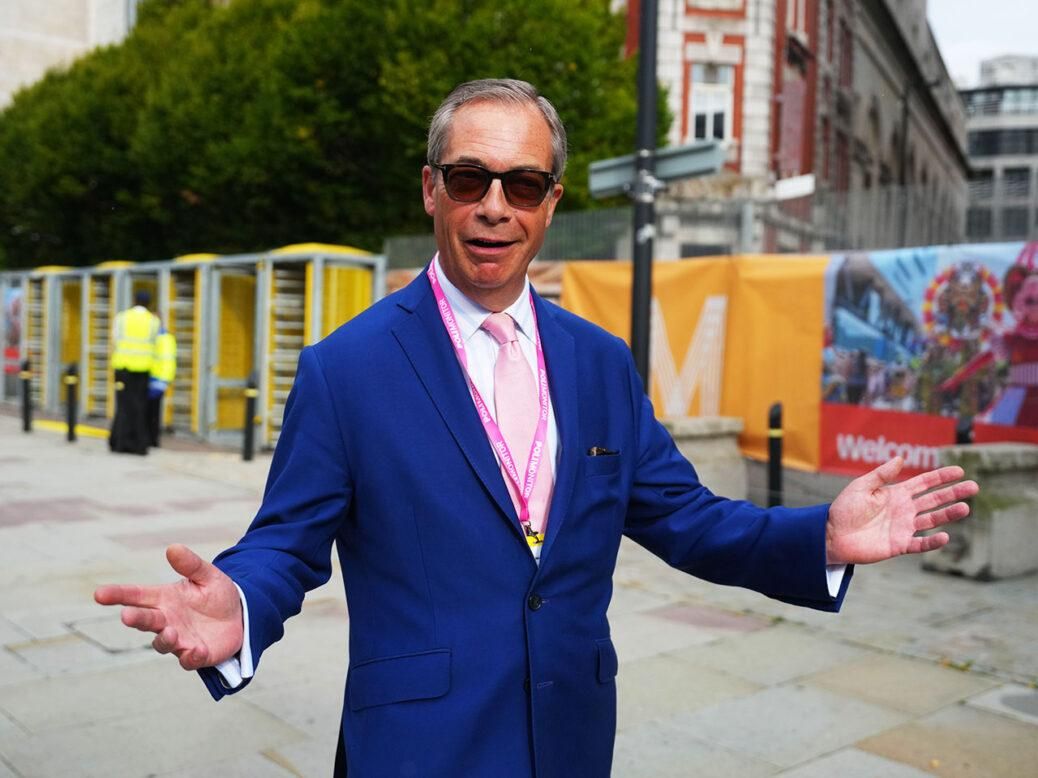Comparisons to Thatcher marked the start of the former minister's political career, which ended with Brexit. She shares details about her former coworkers, her notorious impression of Nigel Farage, and her desire to see Sir Keir succeed.
Think back to a peculiar and stifling time in British politics, even by today's standards, when the people had decided to leave the European Union but the politicians could not agree on a plan for how to accomplish it. The UK was in a painful state of limbo, straddling the line between divorce and separation, for nearly four years, from 2016 to 2020, as it became evident that Brexit was far more complicated and unwinnable than a simple yes/no vote indicated.
While the nation grew increasingly more divided and embittered, one of the most vocal politicians calling for a second clarifying referendum was Anna Soubry, the former Conservative minister and, at the time, MP for Broxtowe in Nottinghamshire. She was telegenic, opinionated but also aiming to build a cross-party and popular consensus among those who believed they’d been sold a pup by the leave campaign.
“Anna’s great feature,” says one former minister, “is that she’s a fiery politician and the centre right doesn’t produce fiery politicians. She articulated a vision of conservatism that was moderate, but she did so with tremendous forcefulness. The argument against liberals is that they come across as wishy washy, and nobody could ever describe Anna as wishy washy.”
She soon became a hate figure among many Brexit voters, including on her own benches, condemned as a betrayer of the “will of the people”. The more Soubry insisted that Brexit was ill conceived, the less tenable became her position in a party that had bound itself to the Brexit cause. Eventually she jumped ship to Change UK, and in December 2019 she lost her seat to the Conservative candidate.
Nowadays a criminal law barrister, Soubry may have left politics, but politics has never quite left her. On social media she remains a stern critic of the government, and in the past year she has come out as a Labour supporter. It’s a shift that is symptomatic of the dizzyingly chaotic political scene post-Brexit, in which the Tories lurched rightwards, and Labour leftwards, and centrism seemed to be dying in both parties, before making a comeback under Keir Starmer’s Labour. It’s a period that’s seen no fewer than five prime ministers pass through Downing Street, like itinerant squatters. Soubry only has time for one of them.
“I thought David Cameron was courageous,” she says on a video call. “He changed the Conservative party in the way that it had to be changed – largely.”
Yet history will almost certainly remember Cameron as the man who facilitated the UK’s departure from the European Union by holding a referendum that Soubry herself supported. She’s admitted that she only did so because she thought the UK would vote remain.
“We could have won it and should have won it, but I put my hands up,” she says. “I thought the referendum would shut the Eurosceptics up, because I thought we would win it.”
If Brexit has negatively impacted many areas of British life, perhaps none has been harder hit than the Conservative party. In a state of permanent crisis ever since, the various leaders’ attempts to appease the MPs who militated for Brexit has engendered only further despair and dysfunction.
On the day we speak, it emerges that the Conservative party’s director of campaigning had taken leave mid-campaign while his wife is being investigated for placing a bet on the date of the general election. Coming after the D-day debacle, it leaves Rishi Sunak with the air of a condemned man longing for the firing squad to put him out of his misery.








.svg)


